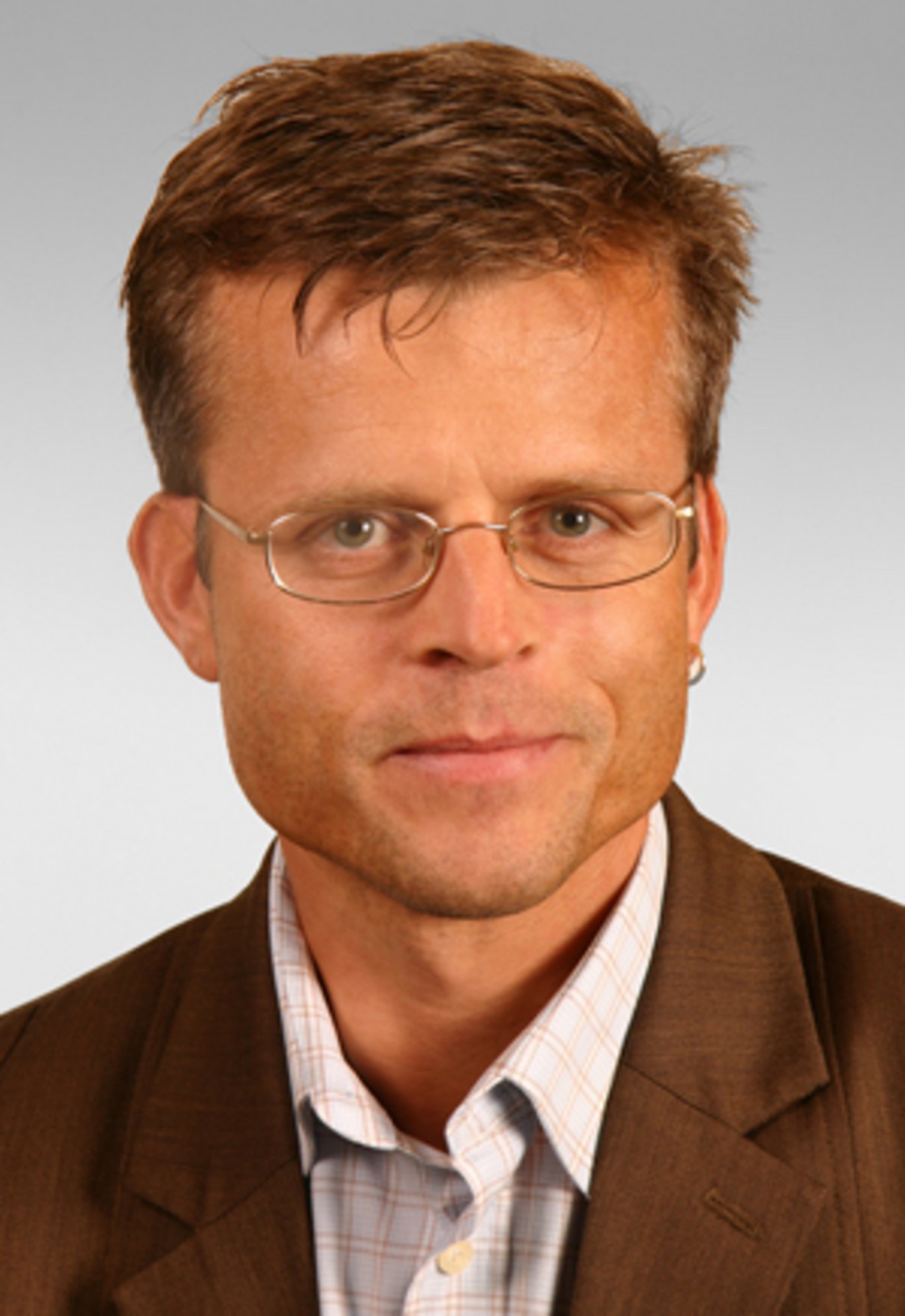International competitiveness requires better support of talent development
An internationally competitive Aarhus University requires far better support of talent development, according to Per Baltzer Overgaard, Vice-Dean of Research and Talent Development at Business and Social Sciences.

Research and talent development: Interview with Vice-Dean Per Baltzer Overgaard
”We must take care of our best young talents already early in their education, and in future we must offer far better career opportunities after PhD graduation”, says Per Baltzer Overgaard.
The new Vice-Dean of Research and Talent Development considers talent development the cornerstone for increasing Aarhus University’s international competitiveness. He is convinced that the new organizational structure at Business and Social Sciences in combination with the close collaboration across the entire university will allow better possibilities for detecting, nursing and retaining the best young research talent.
”Today many of our young talents suffer under lack of coordination of strategic efforts and allocation of individual grants. The new structure will allow us to address this issue across academic disciplines and avoid undesirable effects of individual grant allocation; instead we will be able to consider talent development as a joint strategic effort.”
Per Baltzer Overgaard points out that Danish universities – unlike most Anglo-Saxon universities – tend to equate talent development with PhD programmes, and he stresses that a more cohesive talent management system encompassing both administrative procedures and future career options would take us a major step forward:
”We will lose talent to other countries if we cannot offer more than short-term employment contracts and grant applications to the Danish research councils. We must prove that the best talents can get attractive and long-term contracts if they perform well and demonstrate research potential.”
Interdisciplinary research and global challenges
One of the main objectives of the new structure at Aarhus University and Business and Social Sciences is creation of a university that combines profound knowledge of core academic disciplines and interdisciplinary collaboration. The aim is that cross-disciplinary synergies will gain more knowledge on some of the complex issues and global challenges of our time.
Per Baltzer Overgaard sees much untapped potential across academic fields:
”Average life expectancy of the population in the Western world is increasing, and the next generation of women may become 100 years old. What should we do with insurance policies, the health sector and the elderly care sector when the population lives for such a long time? If we link financial healthcare data and research in health management with e.g. social medicine, we may help improve healthcare and the elderly care sector, thereby also help improve conditions for the last third of our lives considerably.”
Better research management but no increased control of research content
As Vice-Dean of Research and Talent Development, Per Balzer Overgaard will particularly prioritize strengthening of infrastructure and incentives for researchers at Business and Social Sciences and at Aarhus University in general, but he is aware that among faculty greater priority of research management may also be understood as increased control of individual researchers and research content:
”The new structure will concentrate our efforts on fewer departments. This implies that the broad range of existing academic environments must find ways to meet across fields on a regular basis. At the same time, we must also contribute to the overall AU strategy by active participation in the interdisciplinary strategic teams across the entire organization. Better research management is crucial, for instance to ensure sufficient external funding in future. It is not about implementing more detailed control of individual research projects or prioritization of specific areas, rather we need to ensure a broad framework in support of our research and talent development,” concludes Per Baltzer Overgaard.
See also
http://www.au.dk/en/news/archive/2011/denyeprodekaner/perbaltzerovergaard/